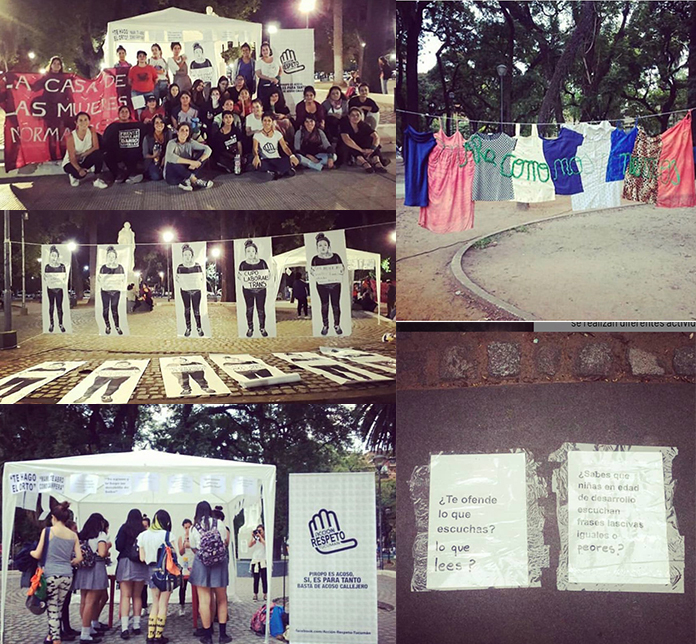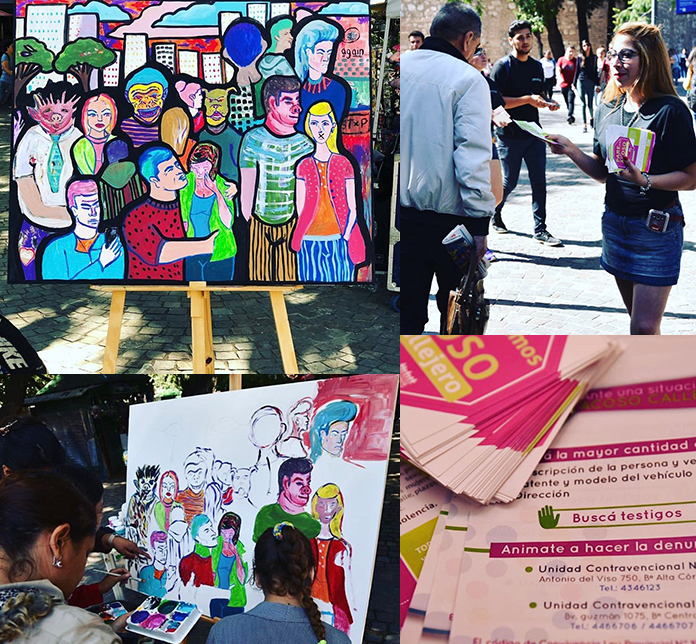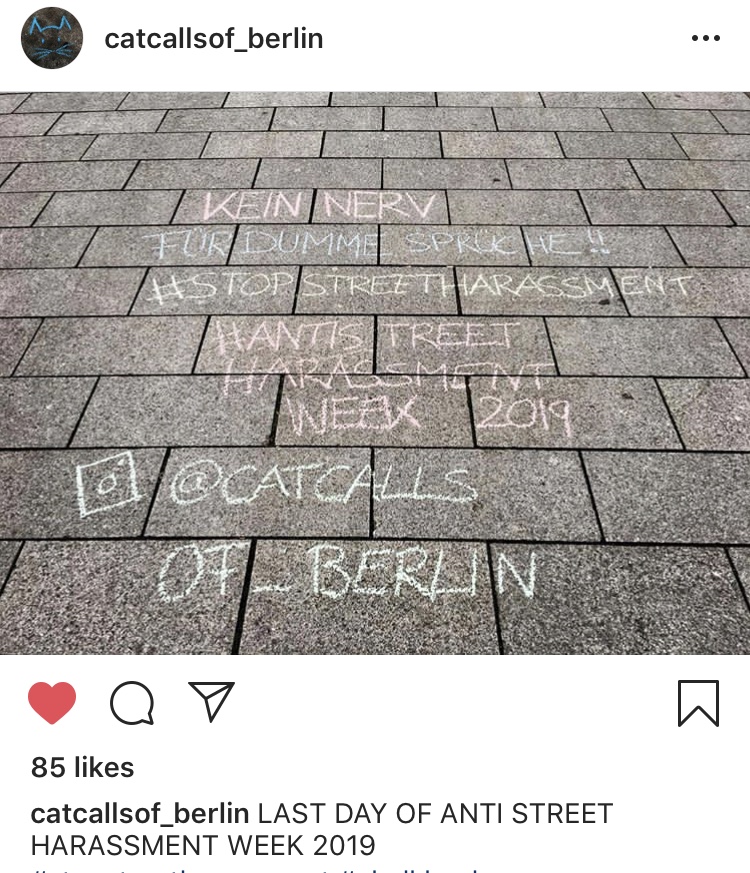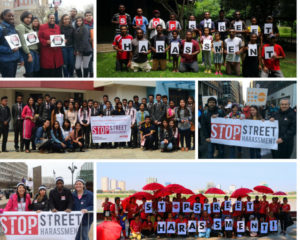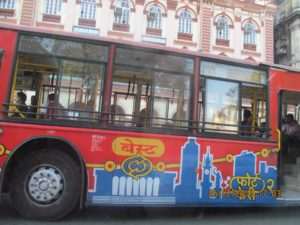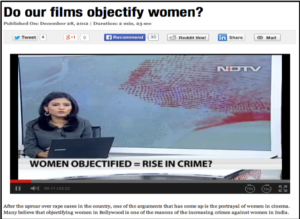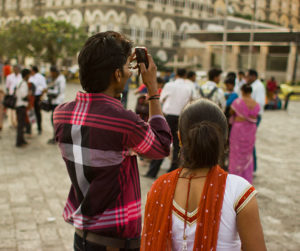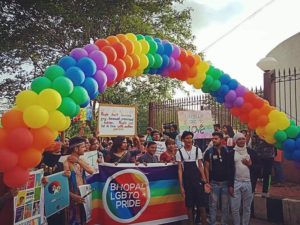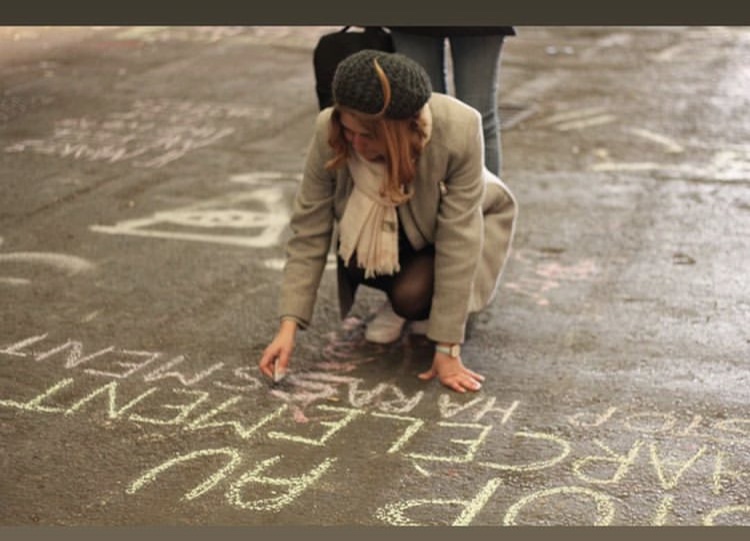 Thank you so much to everyone who took part in International Anti-Street Harassment Week by sharing stories, holding events, doing sidewalk chalk messages, posting on social media and more. Groups in at least 32 countries and six continents took part! We are thrilled by the outpouring of support around the world as we all work toward a common goal: safe and welcoming public spaces.
Thank you so much to everyone who took part in International Anti-Street Harassment Week by sharing stories, holding events, doing sidewalk chalk messages, posting on social media and more. Groups in at least 32 countries and six continents took part! We are thrilled by the outpouring of support around the world as we all work toward a common goal: safe and welcoming public spaces.
Catch up on what happened:
Read about the new PSAs on the Washington Metropolitan Area Transit System
Please email photos and event updates to StopStreetHarassment@Gmail.com!
Stay tuned for the annual wrap-up report.
Special thanks to our volunteer Meghna Bhat for her help with social media and off-line events in California as well as sharing her story and views on the blog.

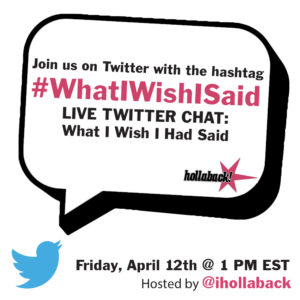
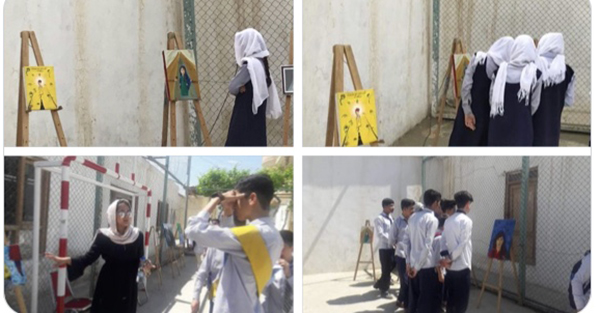
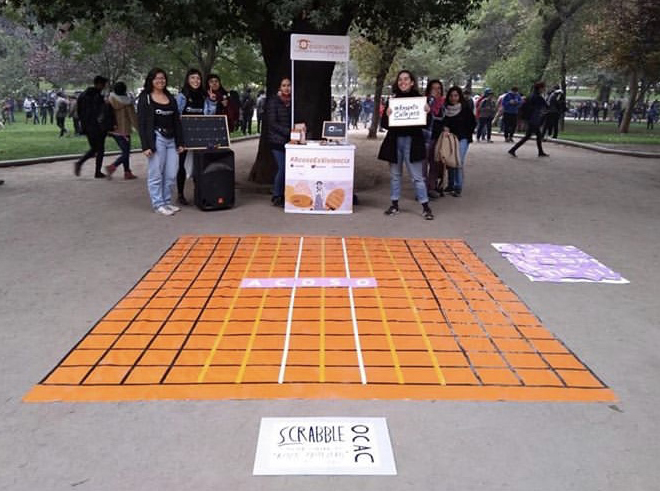
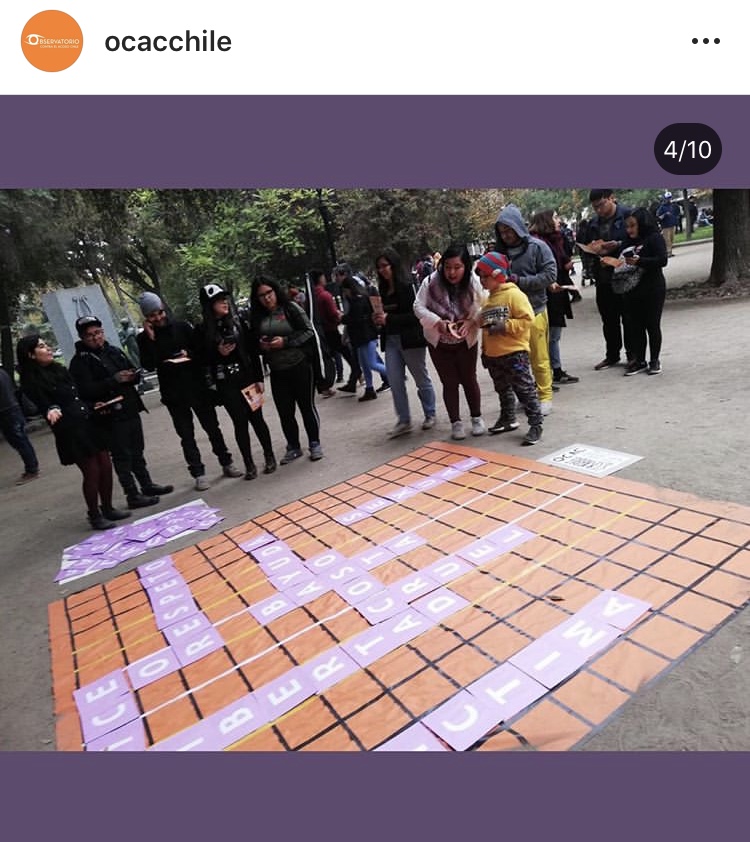

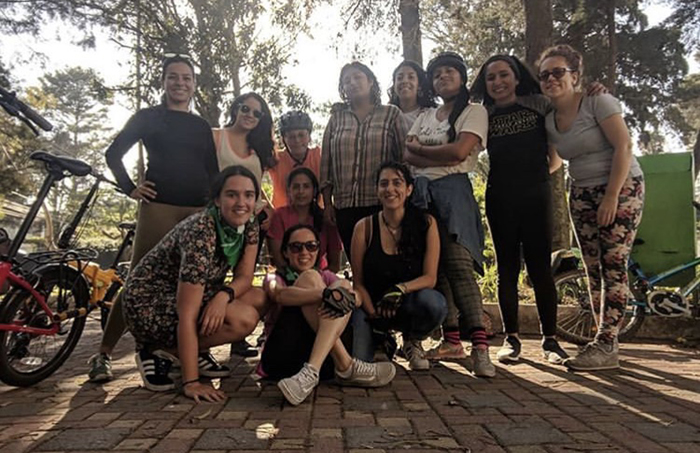


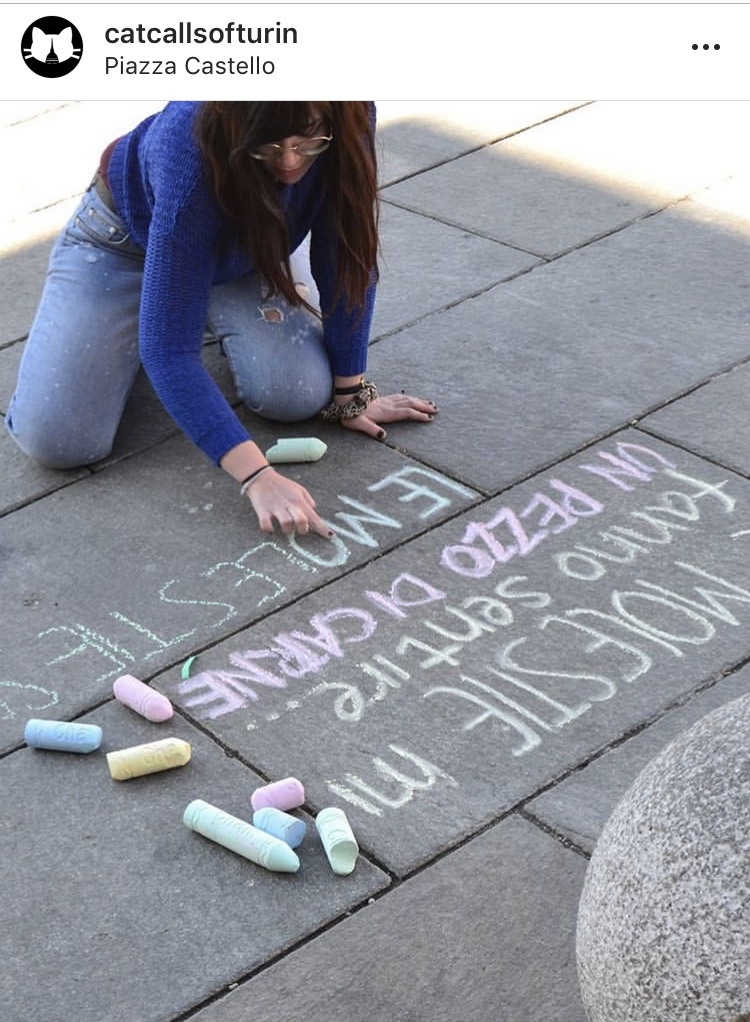
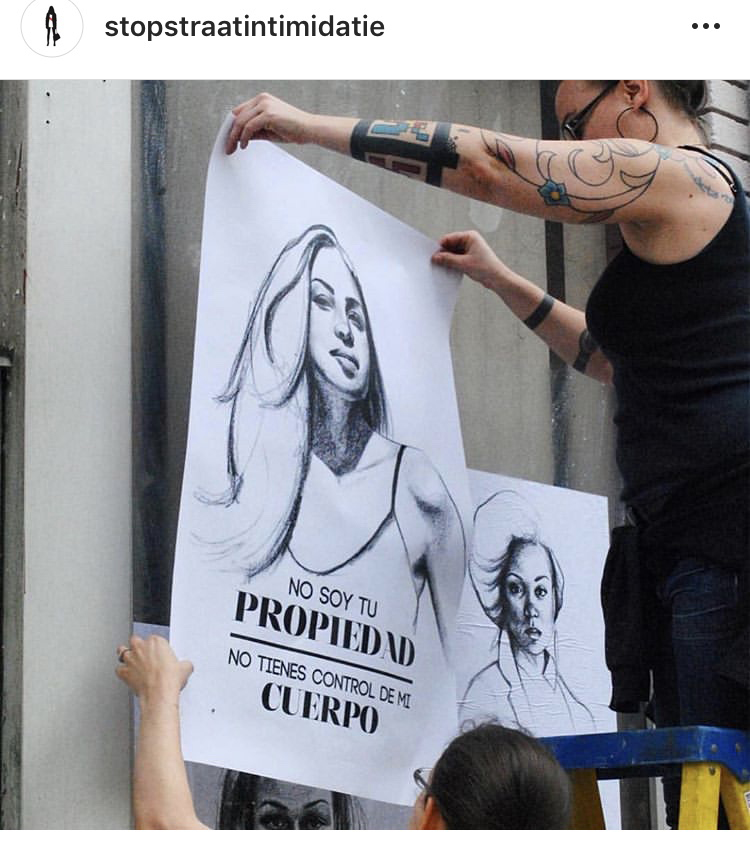
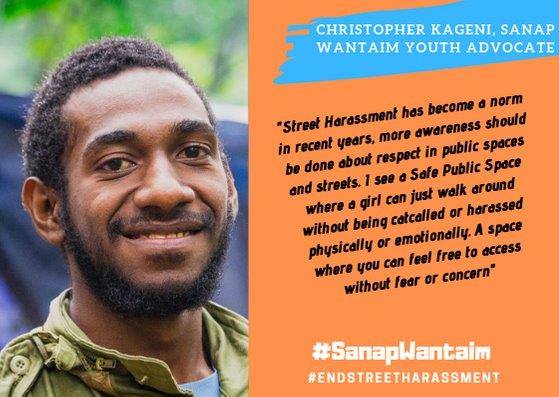
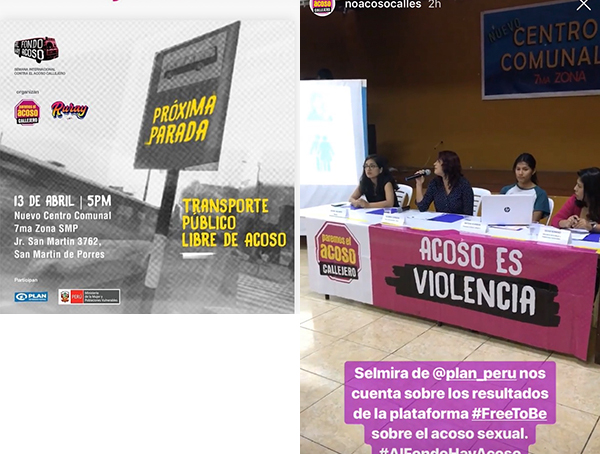
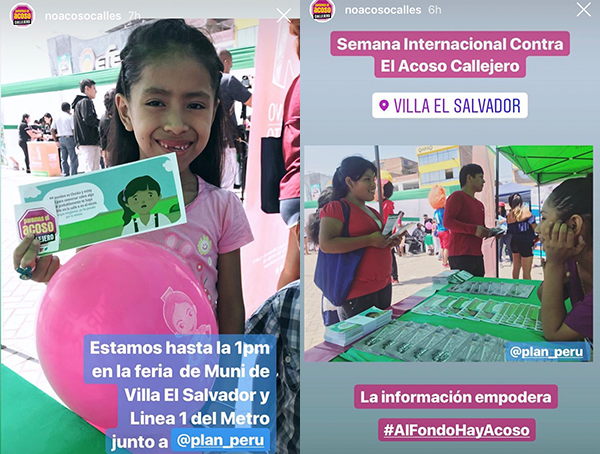
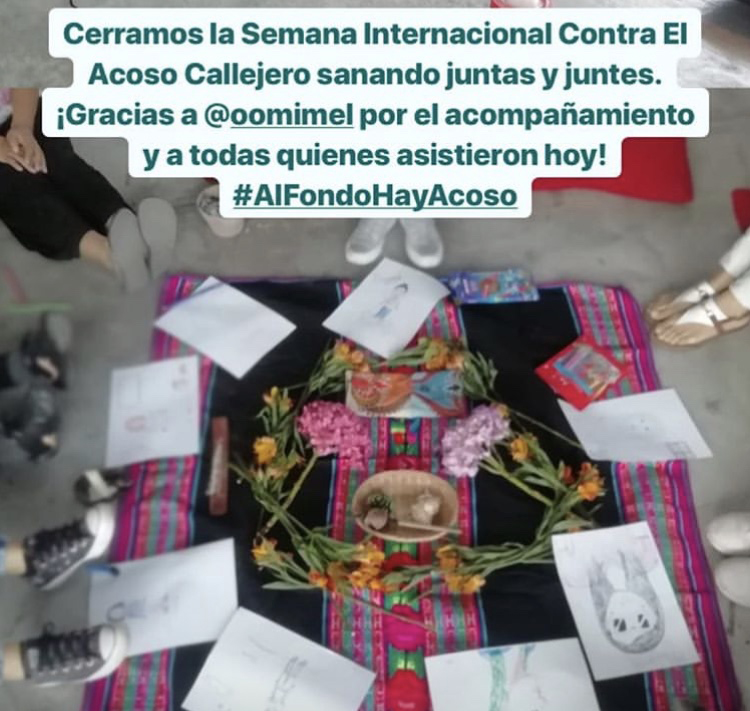
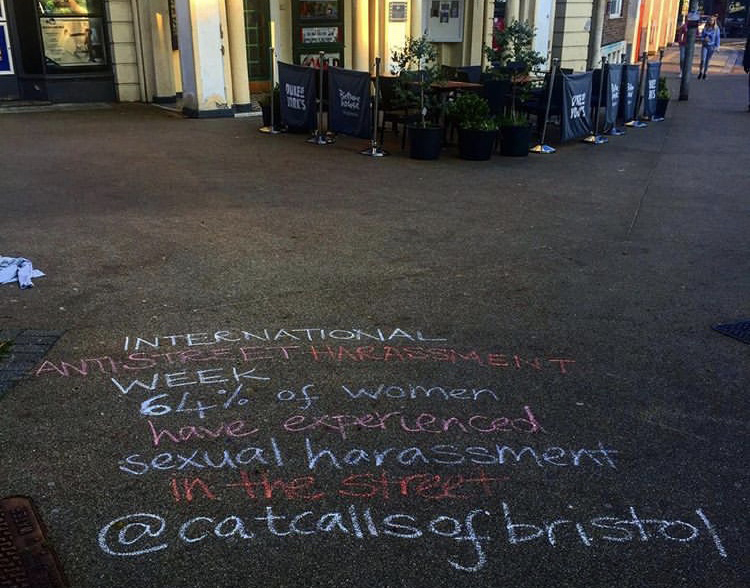

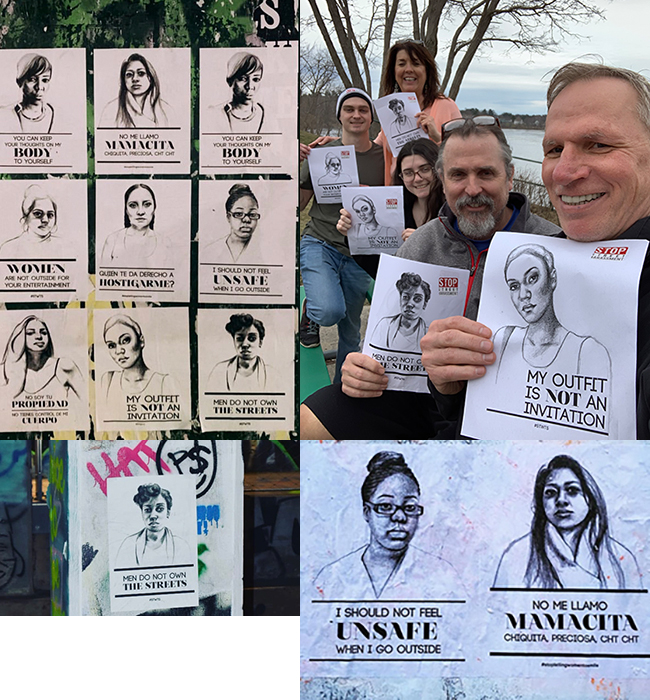
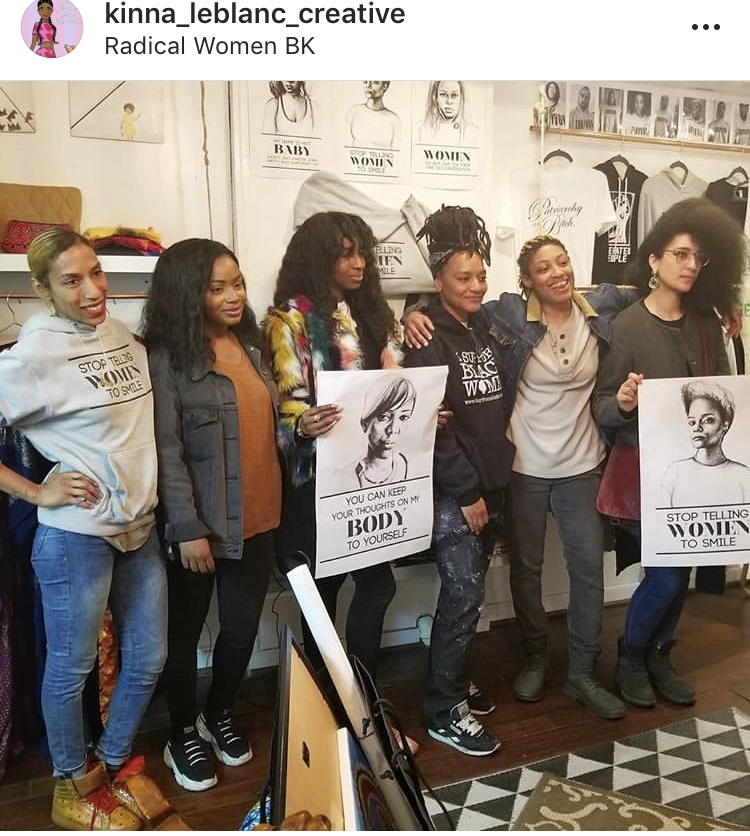


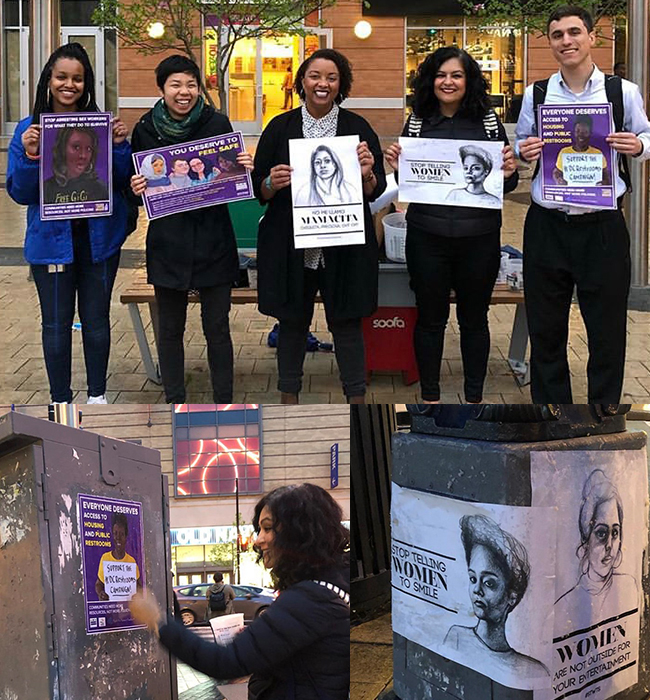
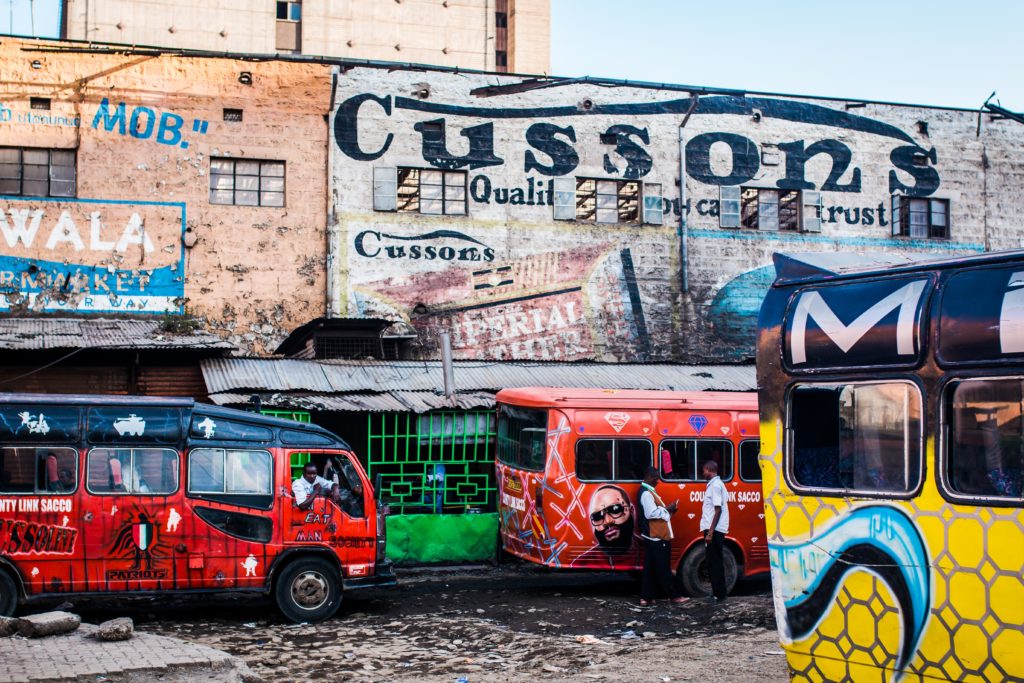 Over the years, there have been rampant cases of violence against women and girls (VAWG) on public transport in Africa and other developing regions. On November 17th2014, Kenya got the world’s attention with the #MyDressMyChoice campaign when thousands of people took to the streets to protest sexual violence against women in the public transport industry after a spate of stripping incidences were filmed and posted online. This protest sparked a movement to challenge gender norms and systems that allow this kind of violence to occur and fundamentally limit women’s freedom of movement and access to public space.
Over the years, there have been rampant cases of violence against women and girls (VAWG) on public transport in Africa and other developing regions. On November 17th2014, Kenya got the world’s attention with the #MyDressMyChoice campaign when thousands of people took to the streets to protest sexual violence against women in the public transport industry after a spate of stripping incidences were filmed and posted online. This protest sparked a movement to challenge gender norms and systems that allow this kind of violence to occur and fundamentally limit women’s freedom of movement and access to public space.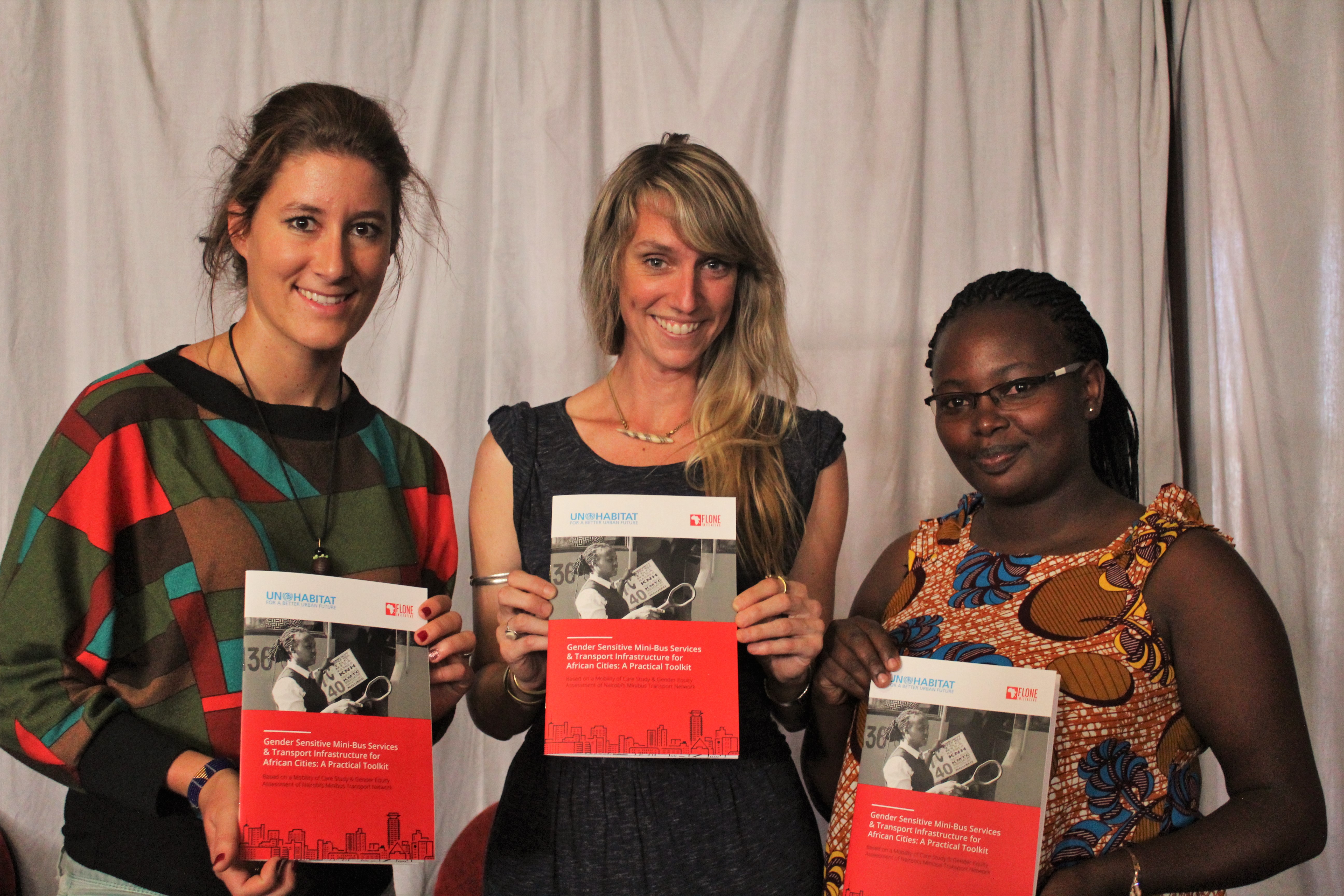 Additionally, the toolkit recommends ways in which policy makers can use these recommendations to develop gender-sensitive legislation which can create safer, more accessible public transportation systems for all road users. It also provides ideas for how civil society actors can support these initiatives.
Additionally, the toolkit recommends ways in which policy makers can use these recommendations to develop gender-sensitive legislation which can create safer, more accessible public transportation systems for all road users. It also provides ideas for how civil society actors can support these initiatives.